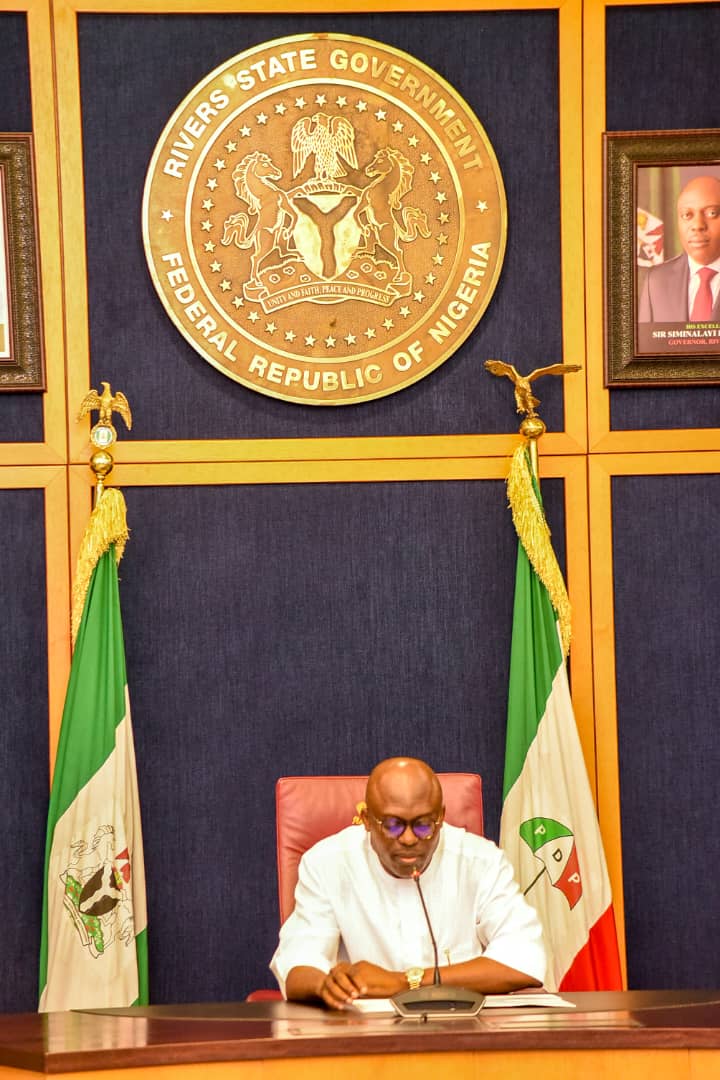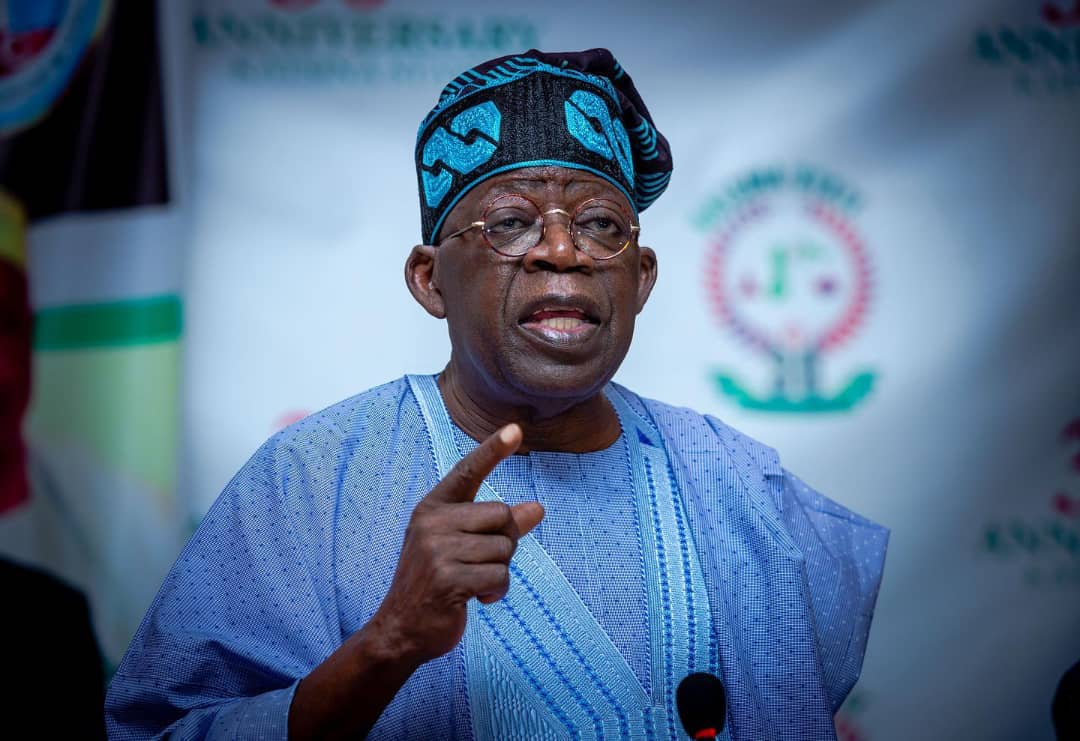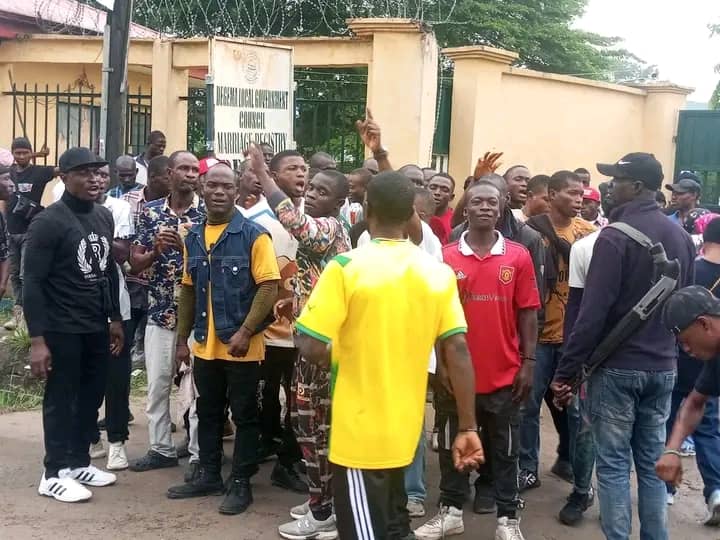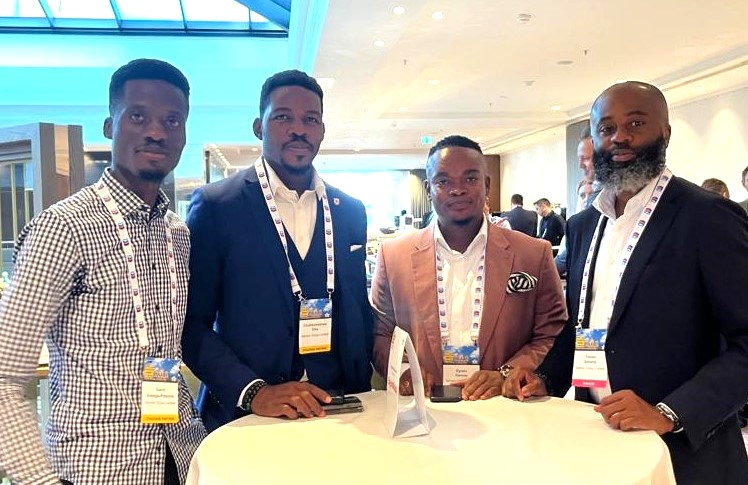
Tenure Expiration:Fubara Directs HLGAS To Take Charge Of Councils
Mohammed Shosanya Rivers State Governor, Sir Siminalayi Fubara, has directed Heads of Local Government Administration to immediately take charge of the 23 council areas of the state. The development follows the expiration













